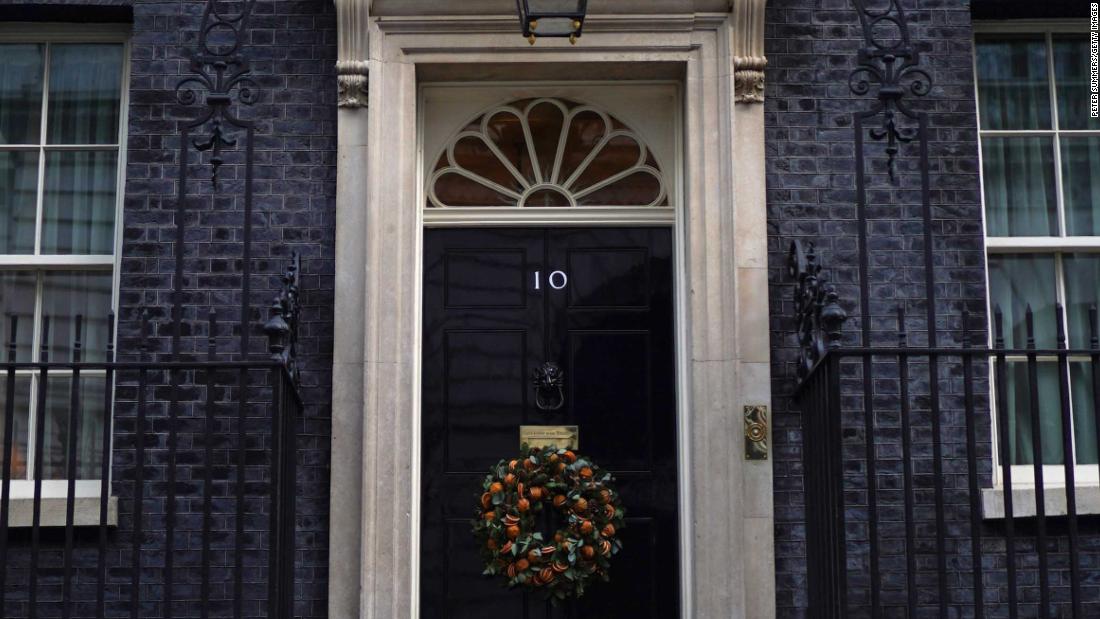[ad_1]
The exit poll, conducted for the UK’s main broadcasters, predicted the Conservatives would win 368 seats, well ahead of Labour’s 191. The Scottish National Party is projected to win 55 seats, with the Liberal Democrats securing 13.
Reacting to the exit polls, Johnson thanked the Conservative Party’s voters, candidates and volunteers. “We live in the greatest democracy in the world,” he tweeted.
Pledge to ‘Get Brexit Done’
Johnson, who only entered Downing Street in July, promised to deliver Brexit by the end of January and then immediately start negotiating a new trade agreement with the European Union.
He is hoping to secure a deal by the end of 2020, before the end of the so-called transition period during which the UK will be formally out of the bloc but still subject to all its rules and regulations. The transition period is designed to prevent a hard landing.
If Johnson can’t secure a deal by the end of next year, he would likely need to ask the EU for an extension to the transition period. Crashing out without a trade agreement would be hugely damaging for the UK economy.
On Wednesday CNN obtained a leaked recording of Michel Barnier, the EU’s chief Brexit negotiator, stating that Johnson’s chances of getting a deal before 2021 were “improbable.”
Meanwhile, Liberal Democrats promised to cancel Brexit altogether, without holding a second referendum.
Future of the union in question
The result, if confirmed, will put a question mark over Scotland’s future in the United Kingdom, since the SNP’s key aim is Scottish independence.
The exit poll suggests the SNP has gained 20 more seats compared to the 2017 election, winning in almost all Scottish constituencies.
Scotland voted to stay in the European Union in the 2016 Brexit Referendum, and the SNP has consistently argued the country is “being dragged out” of the EU against its will.
While Johnson has pledged to stop a second Scottish independence referendum, the SNP will likely feel emboldened by their election result.
Campaign plagued by fake news
The general election, Britain’s third in just four years, was not due to have been held until 2022, but Johnson was forced to call one early after suffering a series of key defeats in Parliament in the fall. Unable to find enough support for his Brexit strategy, the Prime Minister first rid his party of rebels opposing hard Brexit and then called the snap vote.
The Prime Minister was initially under threat of losing votes to Nigel Farage’s Brexit Party. However, midway through the campaign, Farage announced his party would not contest Conservative-held seats, which increased Johnson’s chances of a victory. Farage explained the move as an attempt to avoid a split in the Brexit vote.
But even with that boost, it wasn’t plain sailing for Johnson. One opinion poll published late Tuesday showed his predicted majority shrinking to just 28 seats, from 68 two weeks earlier.
The divisive election campaign was plagued by fake news and disinformation and left many voters feeling frustrated.
Johnson himself minimized contact with the public, refused to be interviewed by a tenacious TV interviewer, and declined to participate in a leaders’ debate on climate change. In the end, that strategy appeared to have worked. His next challenge is whether or not he can keep his party together as he finally delivers the Brexit that so many of them voted for and have been arguing about ever since.
[ad_2]
Source link




